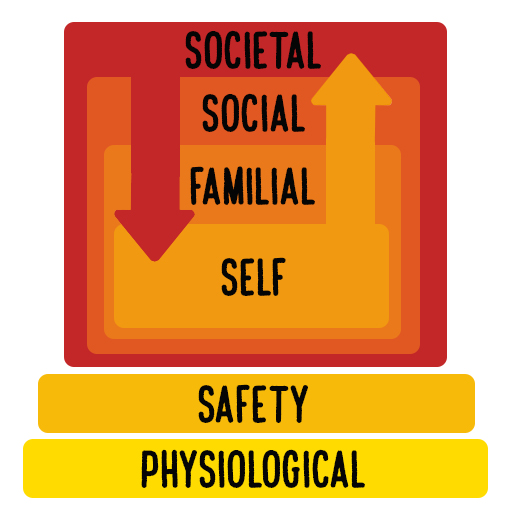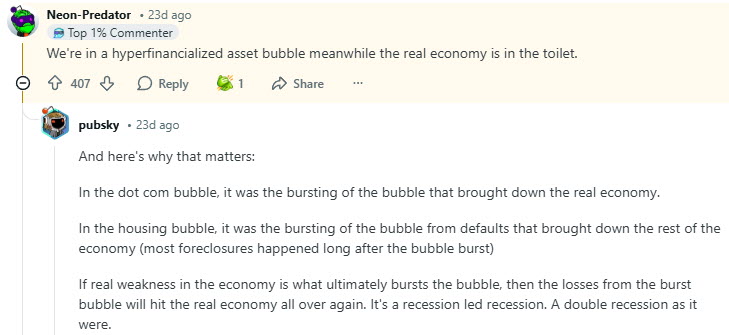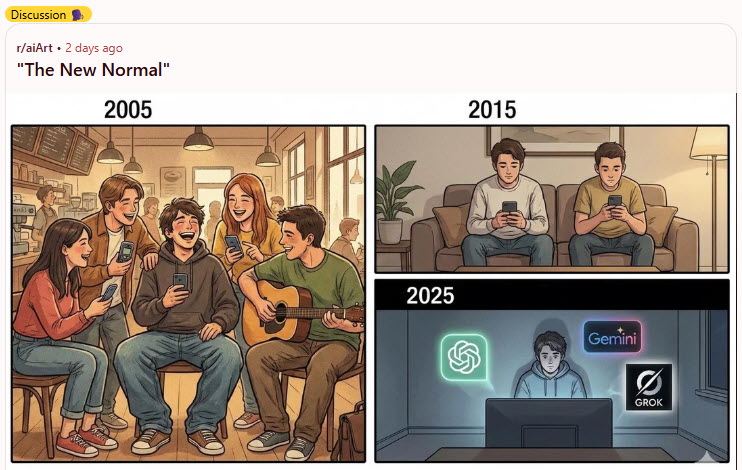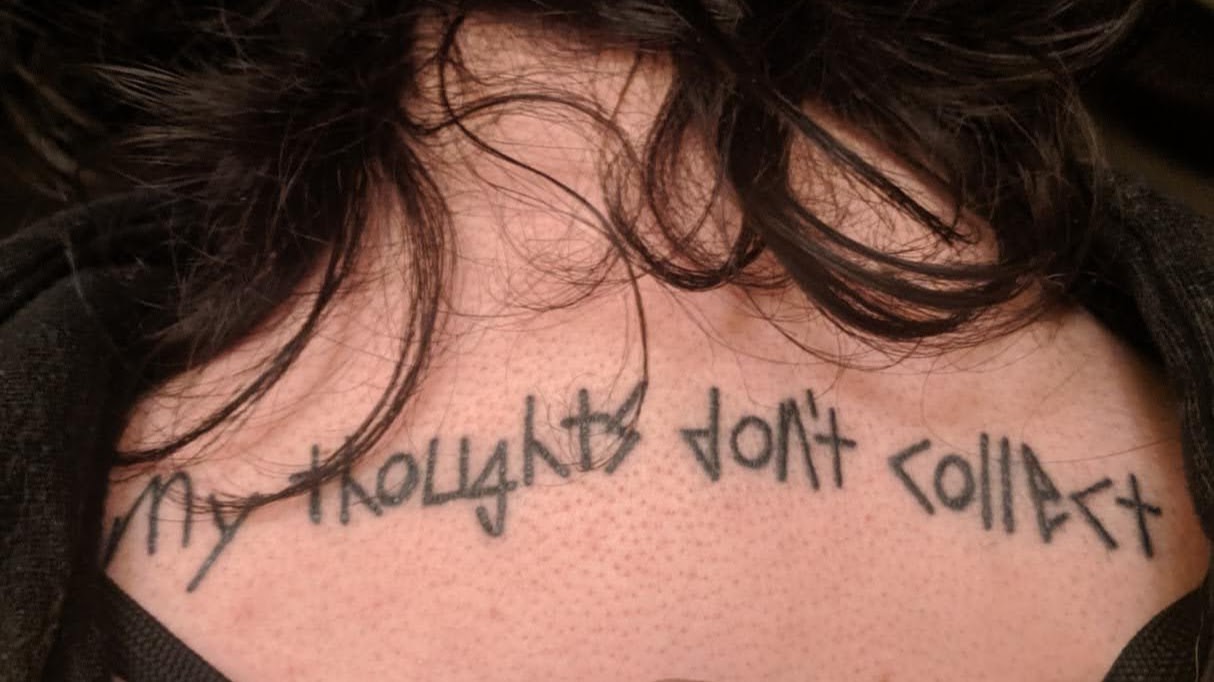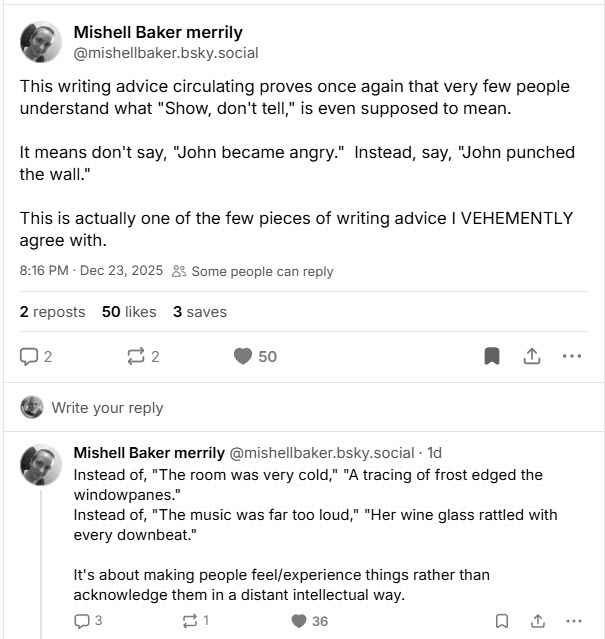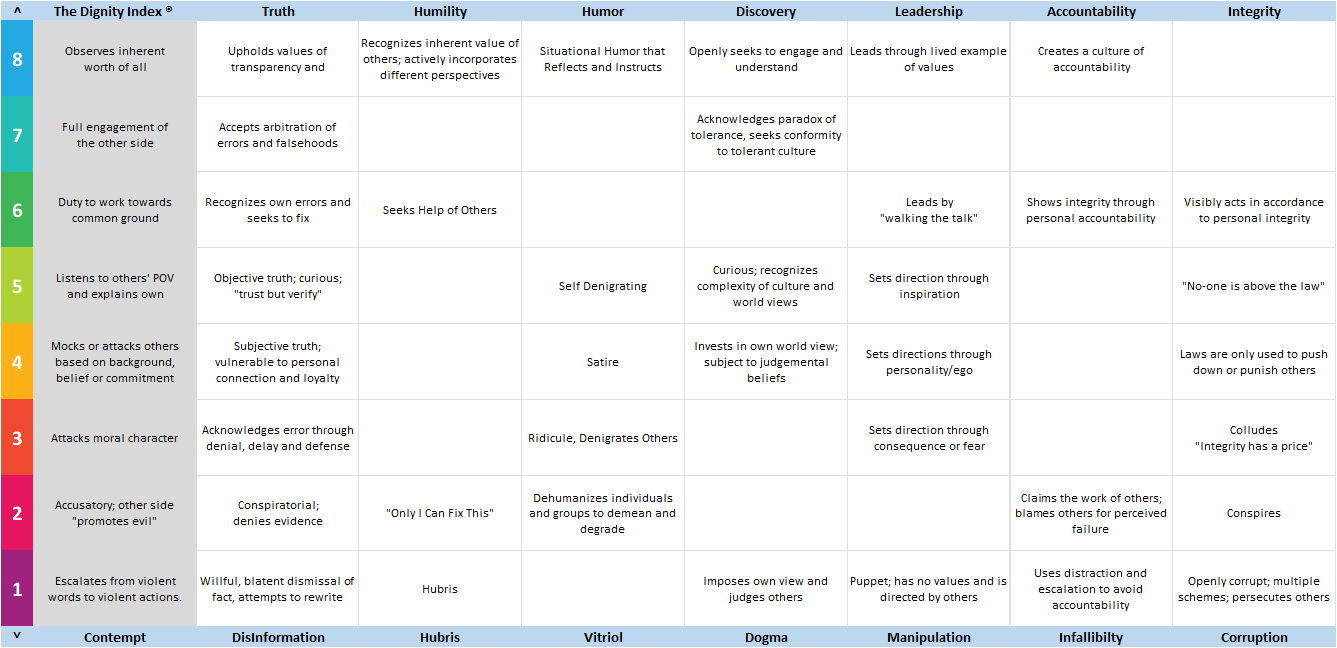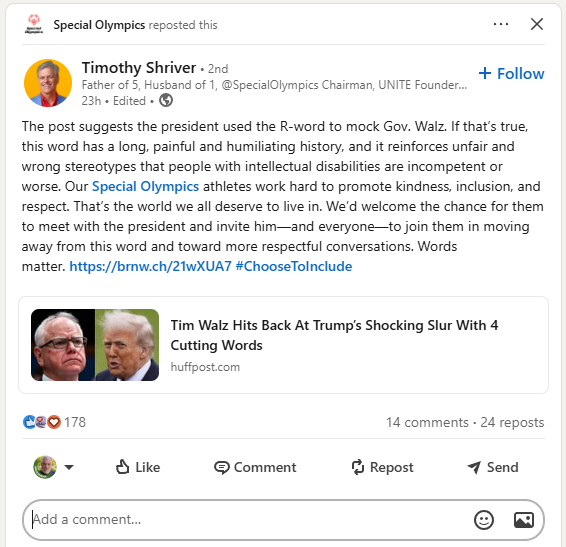On February 2, 2026 the Salt Lake Tribune published an article under “Why Utah’s Silicon Slopes hiring feels like it’s at a standstill: ‘It’s taking a toll.’“. I was part of the story based on a survey response I provided in November 2025 regarding “What’s your experience looking for work?“.
This is my survey feedback.
Notes / Feelings about experiences and layoff:
Most of every day is seeking positions, filling applications, writing cover letters, researching companies, networking; then supporting other peers; then supporting my family. I try to be transparent, and I want people to hear it from me when things aren’t going well because I think it’s happening in a lot of our worlds right now. I’m not alone.
There’s a lot here. The layoff wasn’t entirely unexpected, based on the number of rolling layoffs that took place before I was part of one. My notification took place on March 3 in the morning. I was at a medical appointment when I was pinged by my skip manager (a senior director) to meet for a brief update. I took the call on my cell phone in the medical office while the nurse had stepped out. She was a relatively new reporting manager in our organization, and I didn’t know her that well. She read from a script and asked me to verify my personal email to receive exit documents. I was upset and told her that it was on file and to do the work of looking it up, and hung up on her. I started notifying my teams that I was selected to RIF and that I would not be able to meet, but was limited to responding to anyone because I was on mobile. My slack access was cut off during my drive home from the medical appointment. I got to my home office and was able to back up some personal files from my workstation before it went through a force shutdown/reboot and locked me out of the system (it’s an encrypted laptop, so all they had to do was remove my encryption key). In under two hours I was locked out of my workplace and given no real time to notify anyone that I was let go. Unfortunately, this is the way that most of us are termed from Oracle. Employees who remain are not notified who was selected for the RIF. Because we are still in the system for 14 days following the notification, we still appear in the company directory (Aria) but our VPN/Network, SSO, Slack and Email are all disabled. Remaining employees have figured out that if an employee’s Slack account is disabled, it typically means they have been let go, so for most of those still working that’s how we “discover” who was RIF’d. The rest is shared by whisper network. There were some community channels in Slack like #watercooler and #wtf that were privatized and moved under HR to shut down employee discussion about what takes place.
Oracle decided several years ago to stop announcing org changes, and limiting manager communications about reductions like this because there were posts in thelayoff.com or blind about the layoffs, and they didn’t want to see those. There is effectively no organizational change management taking place. Projects go on hold to figure out who’s left and to assess re-planning. Entire teams disappear, and managers tell us that the function was eliminated but there is no contact for support, or for process. It’s hellish for the people who remain working because they are expected to pick up work, or are forced to escalate issues they can’t handle. In most cases, reporting managers don’t know who from their team will be let go, or if they will be let go. There is no consideration about tenure, contribution, performance, active roles; one day you’re just “gone”.
I was the person who created https://oracleworkersunion.org/, but I hadn’t really promoted it until after I was RIF’d. I had started building this after a group of employees created “Employees for Ethics” back in 2017 in response to the first Trump administration’s attacks on foreign workers and the trans community. I was upset then that Oracle’s response to employee concerns was to minimize and control by throwing HR and legal into our conversations and subtly suggesting ramifications. Safra Catz is somewhat famously referenced as saying to employees that if we didn’t like working at a pro-Israel company, we should leave (paraphrased). Excessive campaign contributions to far-right, the hiring of notable figures in the administration of the times (namely from Devin Nunes’ campaign) were bothersome. Many of us were truly disappointed in the leadership and the direction of the company as a whole. When they effectively dismantled our DEI programs and replaced them with “Culture and Inclusion” that included consolidating (i.e. reducing) ERG budgets and blocking employee-matches for LGBT programs through Benevity, it was clear what they were doing.
I started in the tech industry about 26 years ago. I worked at PeopleSoft, and that company was acquired by Oracle in 2005. At the time it was the largest acquisition that Oracle had made, and I really hoped our culture would have some influence there, and I was sincere about that. 20 years in, many of the people who I cared about are being let go, including myself. I’m not happy about the direction of Oracle. I wasn’t happy with the leadership of the company. But people matter, and I truly wanted to see change. At this point I just want to find a company that has integrity and stands for human principles. I don’t think that kind of company exists anymore though.
The current socio-political climate has really hurt a lot of people. It started with companies like Oracle that were more interested in profit margins and less about cost of goods or services that began profiteering – i.e. “restructuring” – essentially laying off workers regardless of performance or contribution. Oracle tech workers are a foundation of knowledge, code and process in the organization, and Oracle intends to replace them with nothing, or bridge the gap by introducing AI. The clear problem is that AI is new technology that requires a regularly updated knowledge base to train on, ongoing maintenance and tuning. AI isn’t autonomous. AI is a tool, and like a hammer it’s useless without someone who can drive a nail with it.
This year is going to be extremely difficult for many of us who are actively looking for work. The reality is that the number of in-field jobs is shrinking, and the number of applicants for those same jobs has grown exponentially.
I was let go 7 months ago. Most of the people I know here are employees at the same company I spent the last 26 years working at. Most of us are looking for similar roles in this reduced field.
Contributors to the SLTrib Article
- Cody Scott, job seeker
- Greg Green, job seeker
- Gwen Kervin, senior economist at Utah Department of Workforce Services
- Madison McCord, chief human resources officer at Domo
- Matt Schulz, chief consumer finance analyst at LendingTree (Austin, TX)
- Hold my Fry Sauce (anon), instagram account
- Mary Hall, director at University of Utah’s Kahlert School of Computing

